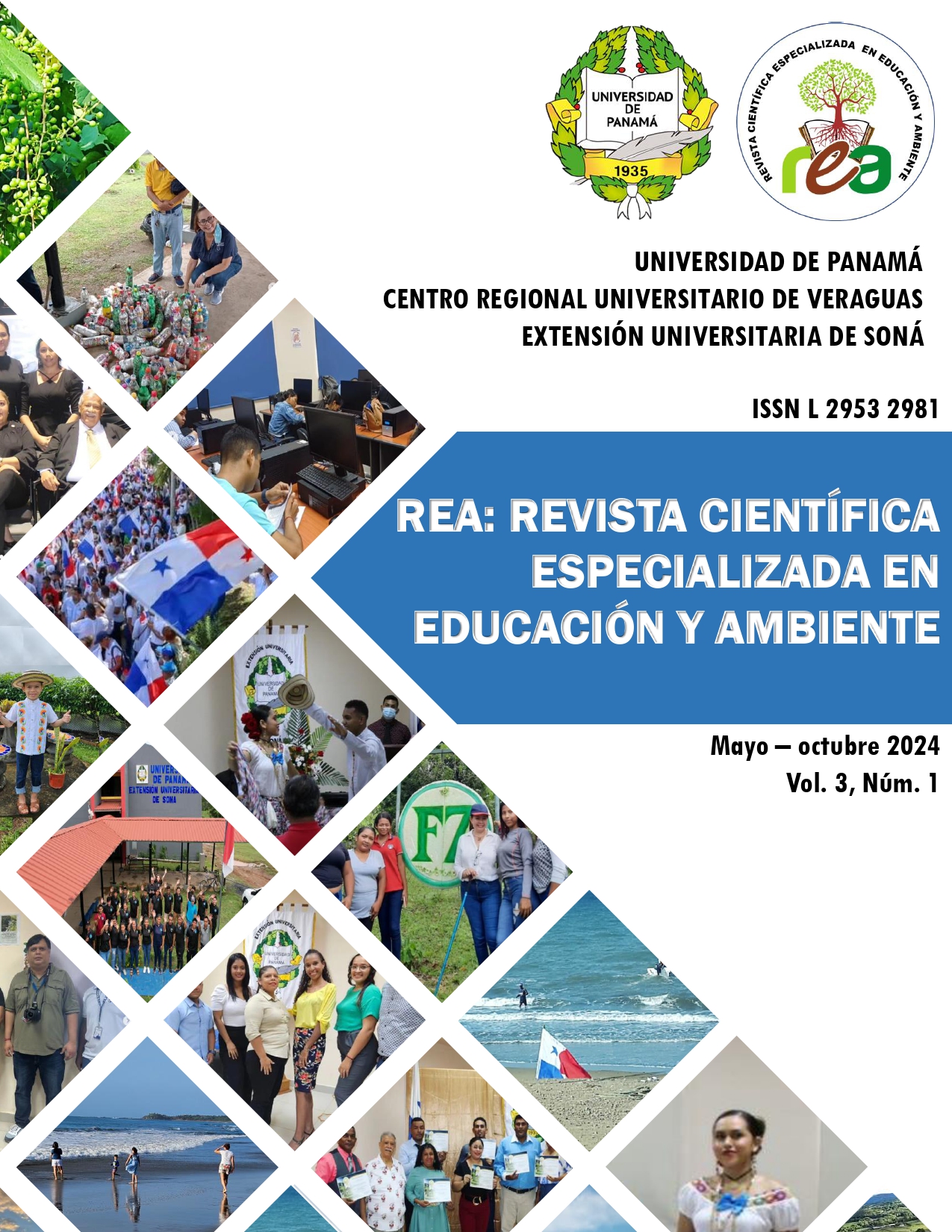

This article focuses on the importance of coexistence in the school environment of early childhood education. The environment is based on social skills and emotional intelligence. Children develop different learning processes to identify and regulate their emotions. These learning processes are essential because they allow them to establish healthy relationships, make appropriate decisions, and face different challenges more effectively. Effective management of emotions in early childhood has long-term positive effects in different aspects of life. The information in this investigation was analyzed from a qualitative approach. An exhaustive search was carried out in the existing literature, considering different theories that explain the reciprocity between social skills and emotional intelligence concerning school coexistence. Promoting healthy expression of emotions and teaching skills help children manage frustration, anger, and sadness effectively. These kinds of practices contribute to improving coexistence in the classroom and promote emotional control, strengthening socio-affective relationships among children. Therefore, teaching these skills has benefits for the social and emotional environment, which favorably impacts the academic performance of students.